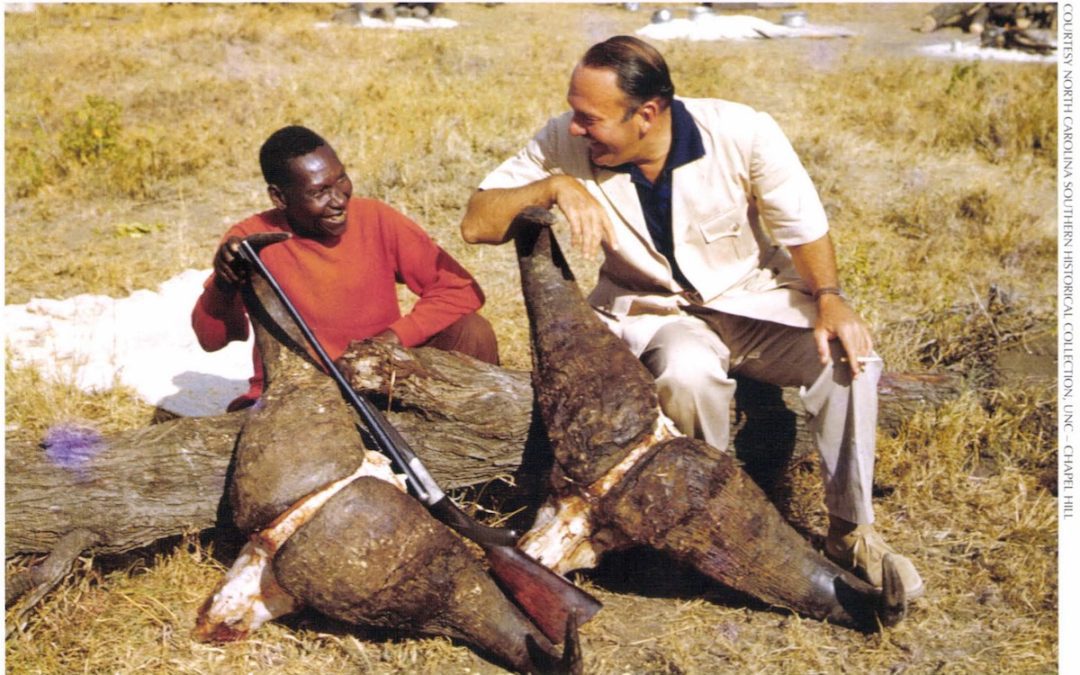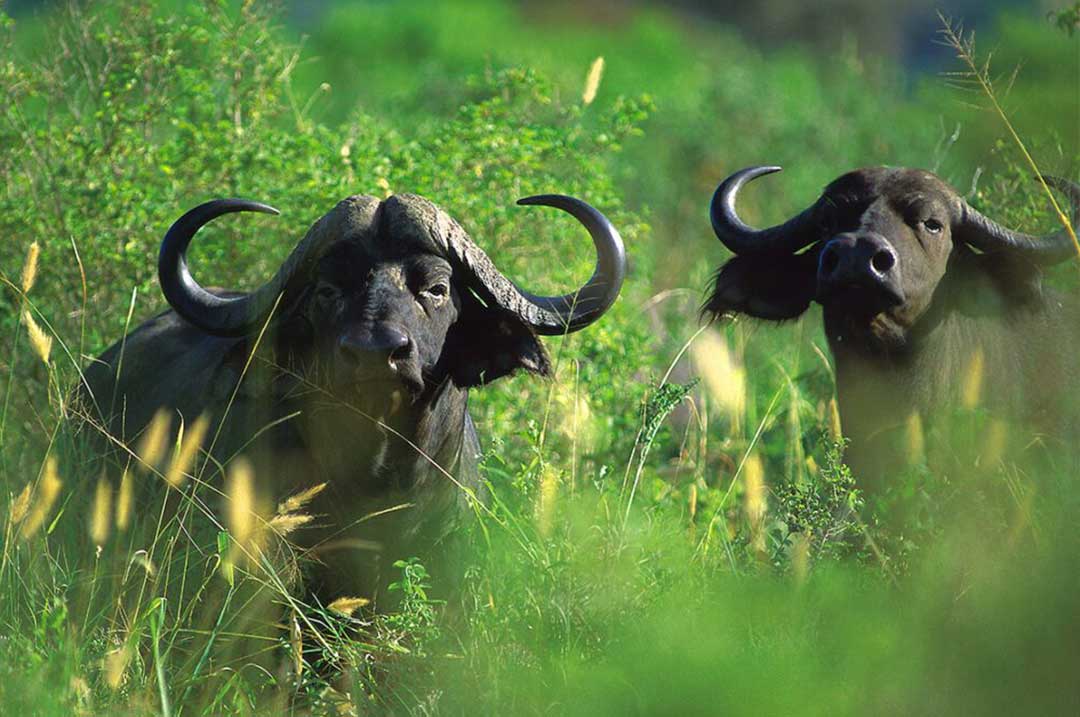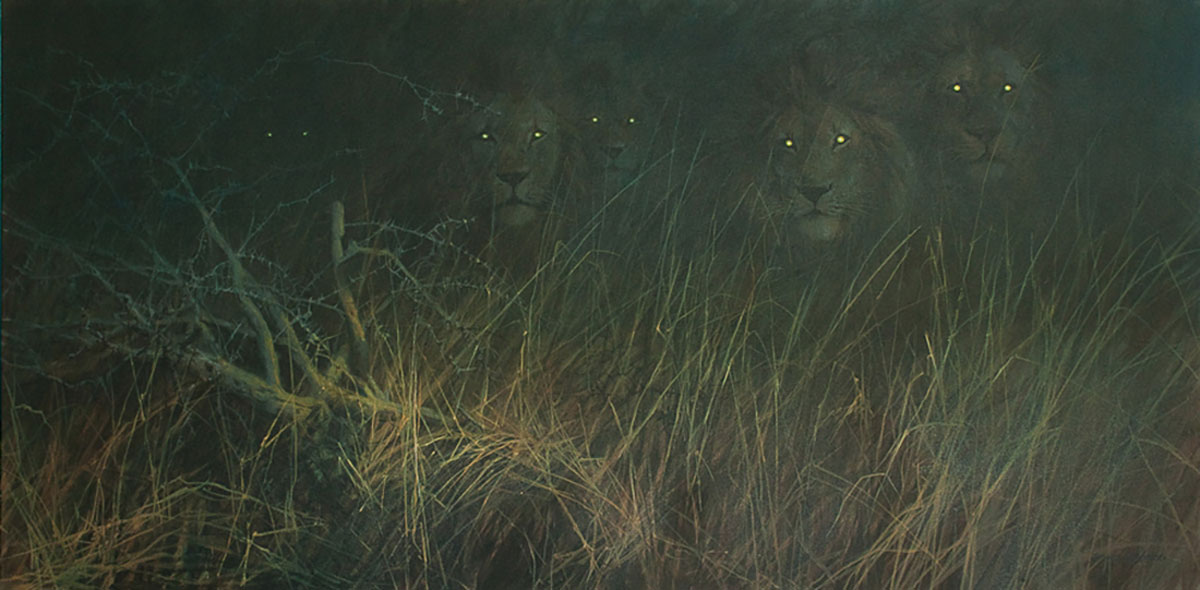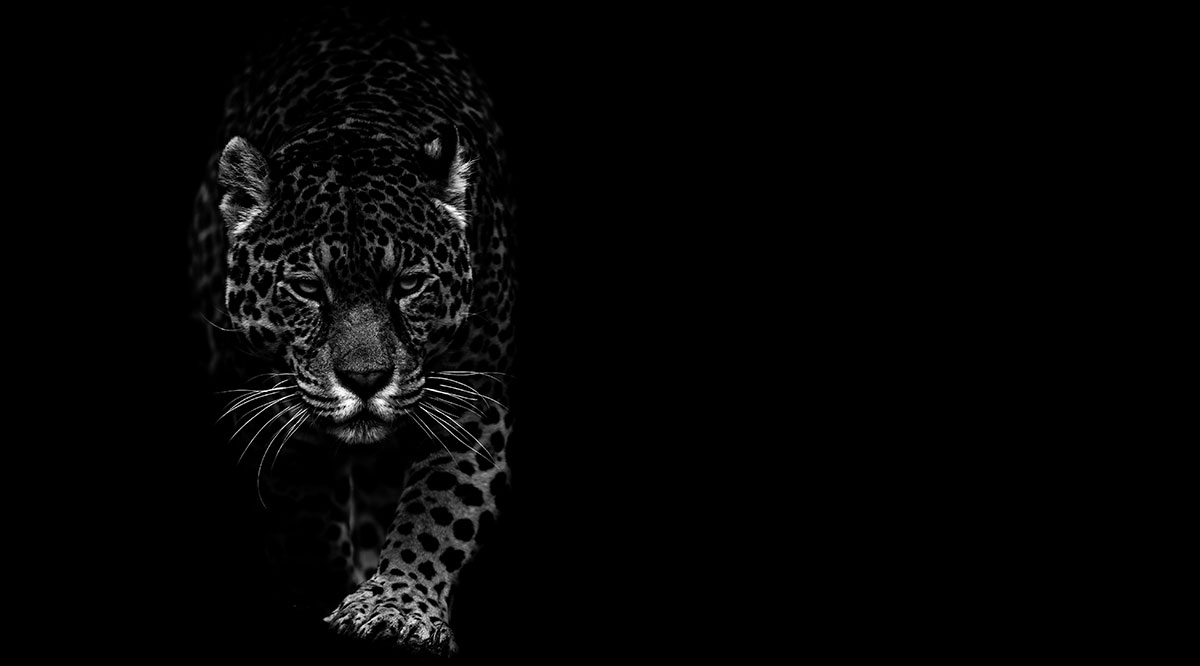An excerpt from Ruark Remembered by Alan Ritchie who served as Ruark’s personal secretary for 12 years.
Up until the last year or so of Bob’s life, there was always a great urgency in his writing, an impatience in his attitude toward his work, and the desire to get on with it. When he was running well, he clearly loved his work, he loved to write, and he got a great deal of satisfaction from what he wrote. He also got a lot of fun out of some of his columns, because they enabled him to let off steam in almost any direction he felt like. But I think this urgency was because of a fear that one day maybe the words wouldn’t come so easy.
Periodicity in conversation Bob mentioned this feeling, and I believe there was a thin veil of fear present during our campfire discussions. To start with, though, I didn’t understand what he was talking about. When he spoke in a doubting fashion, it surprised me, because he always seemed so vital and I couldn’t ever see him being any other way.
We spent a few days getting properly organized, during which time I commenced to transcribe the vast amount of shorthand notes taken on the journey, and as I was working on the typewriter, Bob came to my tent and seeing the agony on my face, immediately did a quick sketch, maintaining that he had not seen such an expression of hurting ever before. This was true as I hadn’t worked for many weeks and the strain was considerable. Bob continued to amuse himself by sketching most of the safari boys. He was able to achieve most excellent likenesses, which were cleverly drawn with the very jet-black native against the white paper, giving them remarkable contrast.
Preparations had been made for the next stage of our journey, and when all was ready, the camel caravan moved off with an appearance of something out of the Arabian Nights. Bob looked the part, and took on the resemblance of Beau Geste with a white Arab headdress hanging down the back of his neck. He was a good horseman and rode well, but I soon discovered that I was not. We had a string of half-dozen horses and Bob immediately began naming them, Kasavubu, Lumumba, Gizenga, and Mobuhl. I quickly spoke up before mine also had the name of a Congolese politician and tagged her Nellie, which somehow seemed to fit.
As a result of these horse names, a vehement protest was made against Columnist Ruark by the Congo Republic’s Central government delegation to the United Nations. It was reported in the Nairobi Daily Nation:
“The delegation of the Congo to the United Nations is most indignant in stating that Mr. Robert C. Ruark, well known for his racist manoeuvres, has named his horse after the President of the Republic of the Congo (Leopoldville). With a twist as sarcastic as it is insulting, the author and at the same time actor, says that he climbed upon the back of his Somali pony named Kasavubu.”
Bob’s reaction when being confronted with this complaint was an immediate counter-protest, as he put it, on behalf of the horse, and in his reply he said:
“The only reason I called the pony Kasavubu was because the tame baboon had already got a name. We had another called Gizenga. Neither of them could run. For years I’ve been calling these Congolese politicians thieves, liars, clowns, buffoons, idiots. The track record shows their complete irresponsibility in facing up to responsibility. It was impossible to name just half a horse or I would have done so.”
In answer to the question whether he was the special representative in Africa of the Ku Klux Klan, Bob replied angrily: “I was a member of the National Association for the Advancement of Colored People in the days when to admit you belonged to it was like saving now that you were a communist. I’m one of the worst enemies the Ku Klux Klan has got.”




